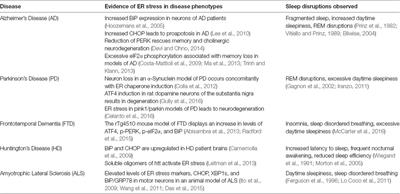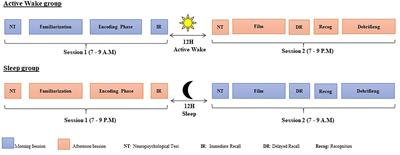MINI REVIEW
Published on 08 May 2020
Sleep Disturbances in MCI and AD: Neuroinflammation as a Possible Mediating Pathway

doi 10.3389/fnagi.2020.00069
- 9,252 views
- 32 citations
11k
Total downloads
47k
Total views and downloads
Select the journal/section where you want your idea to be submitted:
MINI REVIEW
Published on 08 May 2020

ORIGINAL RESEARCH
Published on 18 Sep 2019

ORIGINAL RESEARCH
Published on 02 Jul 2019

MINI REVIEW
Published on 11 Jun 2019

ORIGINAL RESEARCH
Published on 20 Mar 2019

ORIGINAL RESEARCH
Published on 09 Nov 2018

CLINICAL TRIAL
Published on 13 Sep 2018

